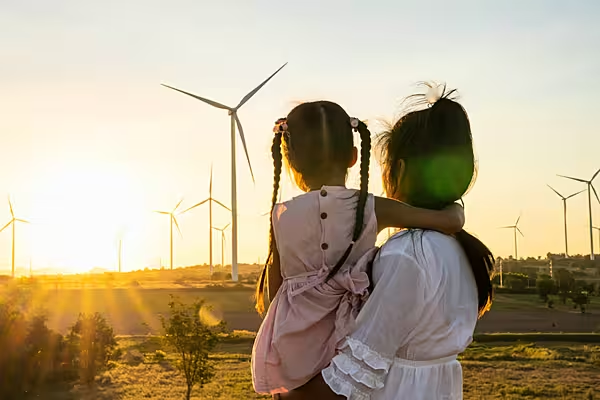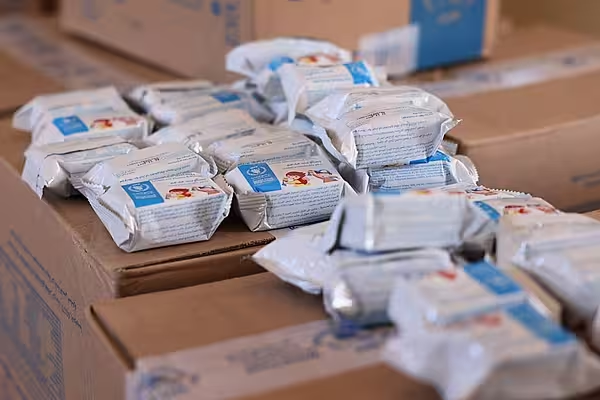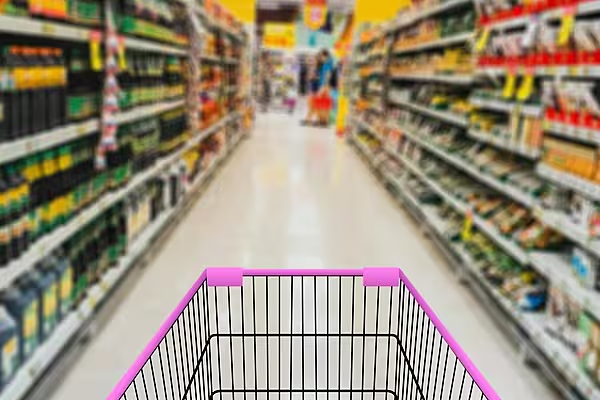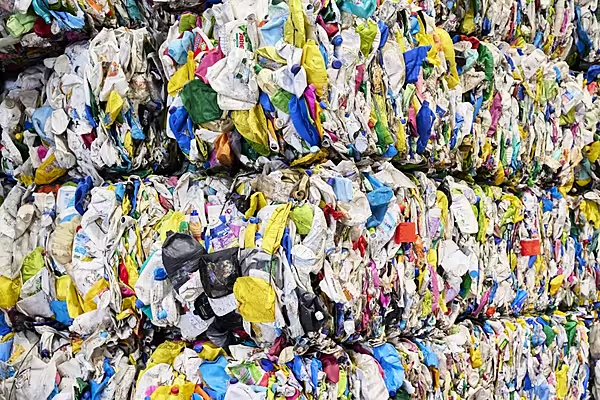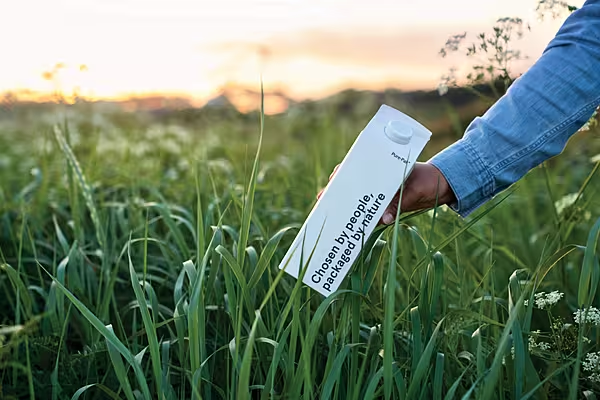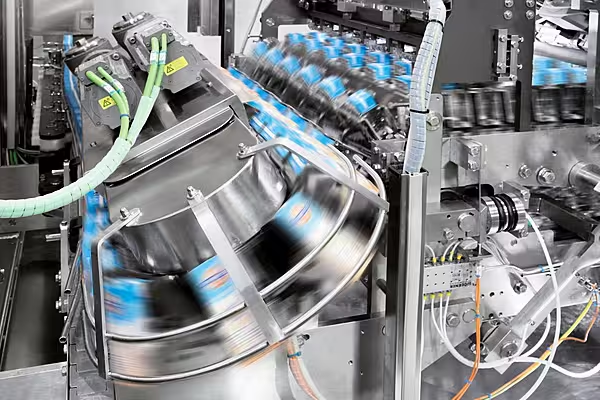Tetra Pak has reported a 20% reduction in value chain greenhouse gas emissions since 2019, as well as a 47% reduction in emissions across its own operations, the packaging firm said in its latest Sustainability Report.
According to Tetra Pak, the achievement to date puts it 'on track' to achieve its target of net zero greenhouse gas (GHG) emissions in its own operations by 2030, and emboldens its work with suppliers, customers and other stakeholders to achieve net-zero GHG emissions across the value chain by 2050.
Collaboration 'More Important Than Ever'
“Collaboration across the food industry is ever more important to feed a growing population sustainably," commented Adolfo Orive, president and CEO at Tetra Pak. "Our global presence and end-to-end solutions give us opportunities every day to collaborate with stakeholders across the value chain, from farmers and food producers, to suppliers, policy makers, consumers and others.
"We understand the responsibility that comes with this role. We remain committed to playing our part to transform the world’s food systems, to ensure they are more secure, resilient and sustainable.”
Among the recent milestones achieved by the company are a new aseptic beverage carton featuring a paper-based barrier, which reduces that product's carbon footprint by a third. This carton was developed following a €100 million investment in packaging research and development last year, while the same investment is planned on an annual basis over the next five to ten years.
Sustainability Report
The Sustainability Report highlights several key achievements by Tetra Pak. The company helped 64 million children in 49 countries gain access to milk and other nutritious beverages through School Feeding Programmes. Additionally, the amount of carton packages collected and sent for recycling worldwide increased by 7% compared to 2022, and the volume of polyAl sent for recycling rose by 14%.
Tetra Pak was included in the CDP Forests ‘A List’ for the eighth consecutive year. The company also received an ‘A-’ rating in Water Security, despite it being the first year of reporting in this area.
